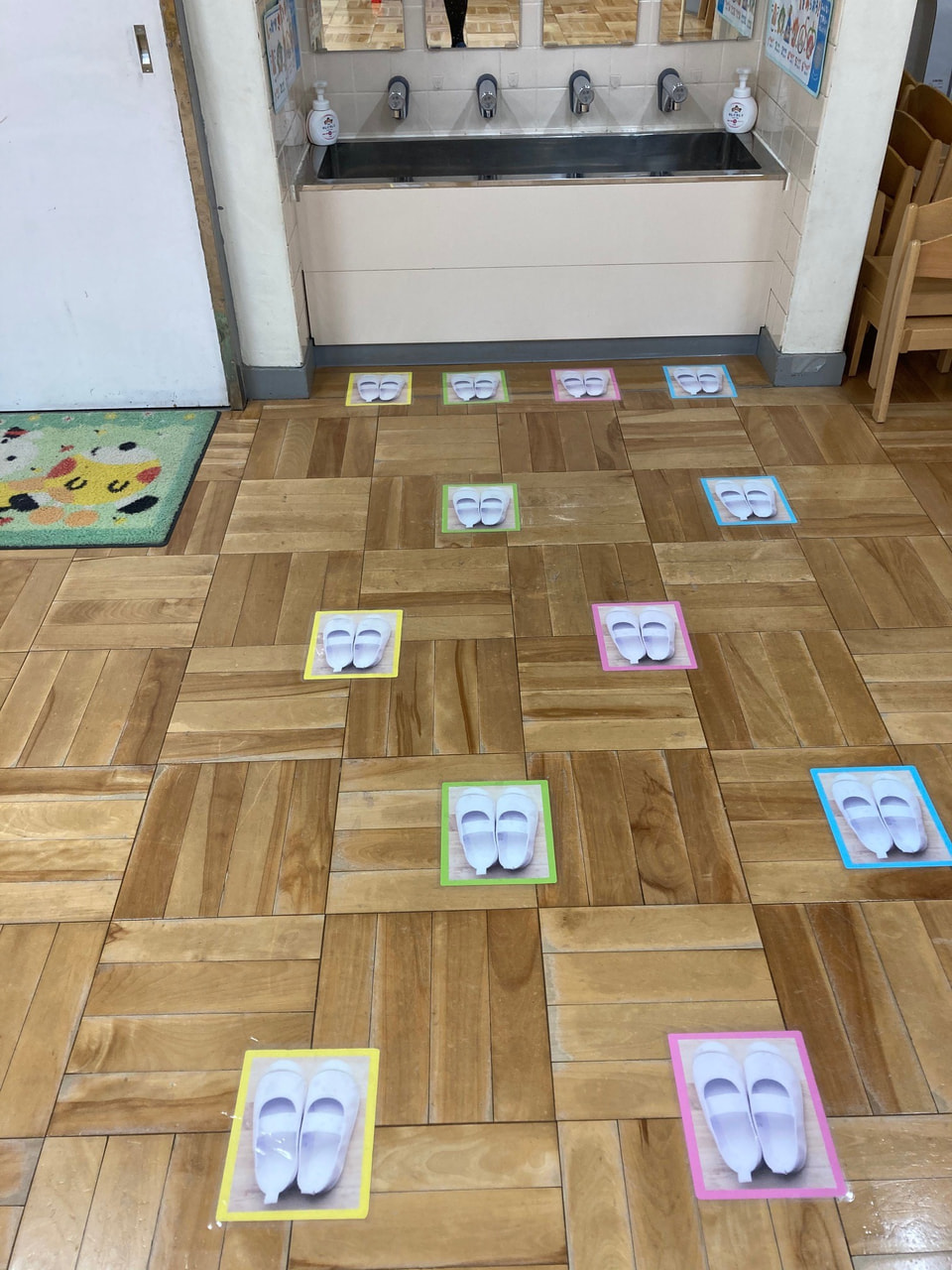Other languages : Arabic
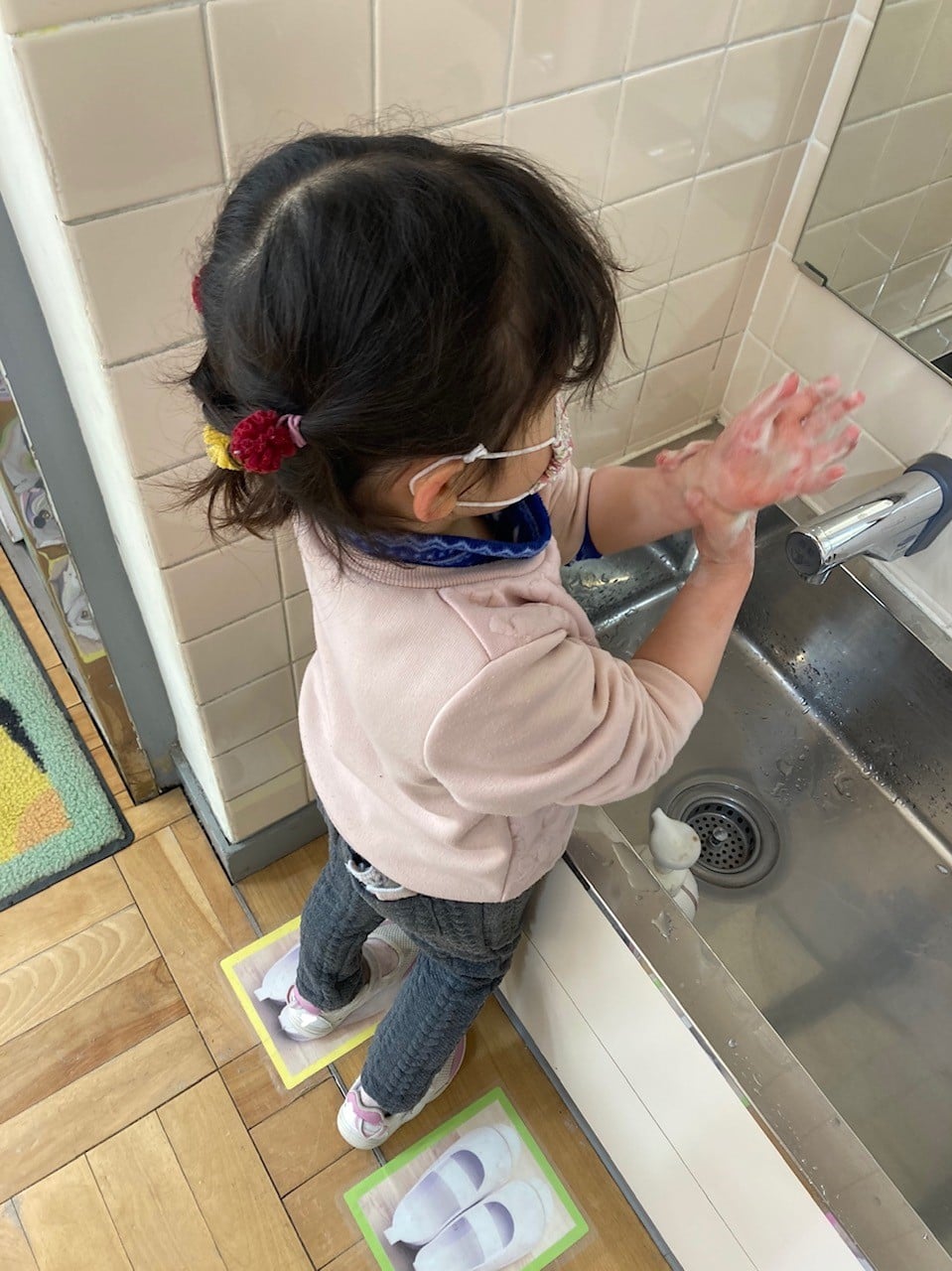
For children to be able to develop skills for mainitaining safe and healthy life on thier own, there are various activities in kindergarten where children get to know the importance of hygiene and preventing illnesses. Young children are still on the developing stage for gaining thier full immunity. Therefore, it is important to protect them from some serious health problems.
This example is from a three-year-old class at Sanko Kindergarten from Minato City in Tokyo Japan. Two teachers are in collaboration for instructing each and every child on how to wash and wipe their hands in an easy-to-understand manner. The floor of the wash basin is marked with footprints that indicates where the children to stand and wait, so that they avoid standing too close to each other. There is a poster next to the wash basin showing how to wash hands properly. Having young children involved in such activity from the early stage of kindergarten, it is expected that they naturally develop the healthy habits.

Target grade:
3-year old children in kindergarten

Activity category:
Hygine activity

Time:
Approx. 15 to 20 minutes

Aim:
- Learn proper way of washing and wiping hands, and then put it into practice voluntarily.
- Raise awareness of hygiene.

Teaching materials and equipment necessary:
- Footprints on the floor of wash basin that indicates where the children to stand and wait, so that they avoid standing too close to each other
- Storytelling pictures for the importance of washing hands (or a puppet play)
- Handkerchief that every child carries (or paper towels for those who forget to bring the handkerchiefs)
- Soap

Implementation procedures:
1. Children sit still in class facing the instructing teacher.
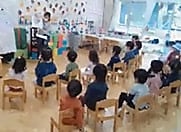
2. Teacher talks about the importance of washing hands by using storytelling pictures, puppet play, etc. in an easy-to-understand manner. Teacher offers questions to children such as "how do you get your hands dirty?" or "what happens if your hands are dirty?", etc.
3. Teacher demonstrates the routines of how to wash hands according to the poster on the wall next to the wash basin. Children follow the teacher and practice the routines.
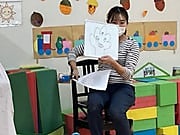
4. Children go to the wash basin and stand on the footprints on the floor.
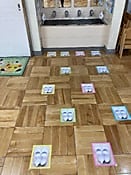
5. Each one wash hands following to the routines and wipe it with one's handkerchief. If one forgets to bring own handkerchief, teacher provides paper towel.
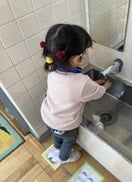
6. Teachers shall check whether each child has washed one's hands properly. Use puppets to keep children's attention while they are in a queue.
7. Review the need for hand washing, the routines of doing it, carrying own handkerchief, and how to trash the used paper towels.
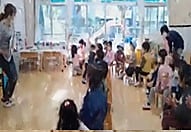

Reference:
Related article
-
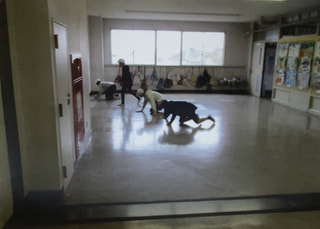
【Saitama, Japan】”Pleasant cleaning” To a school where everyone can feel good by their own hands
-
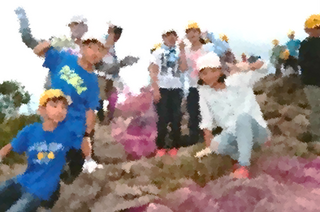
【Japan-Saitama Prefecture】 Forest School to Foster Independence in Cooperation with Friends
-
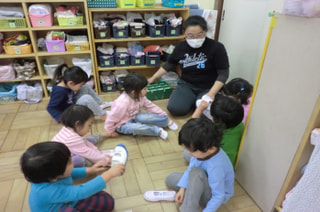
Establishing Healthy Lifestyle of Young Children through Cooperation between Kindergarten and Home
-
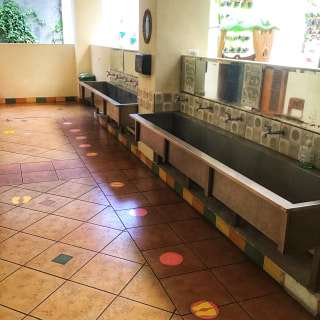
Fun and orderly disciplined hand washing
Previous
Establishing Healthy Lifestyle in Young Children through Rotating Roles
Next
Golden Week(s)

